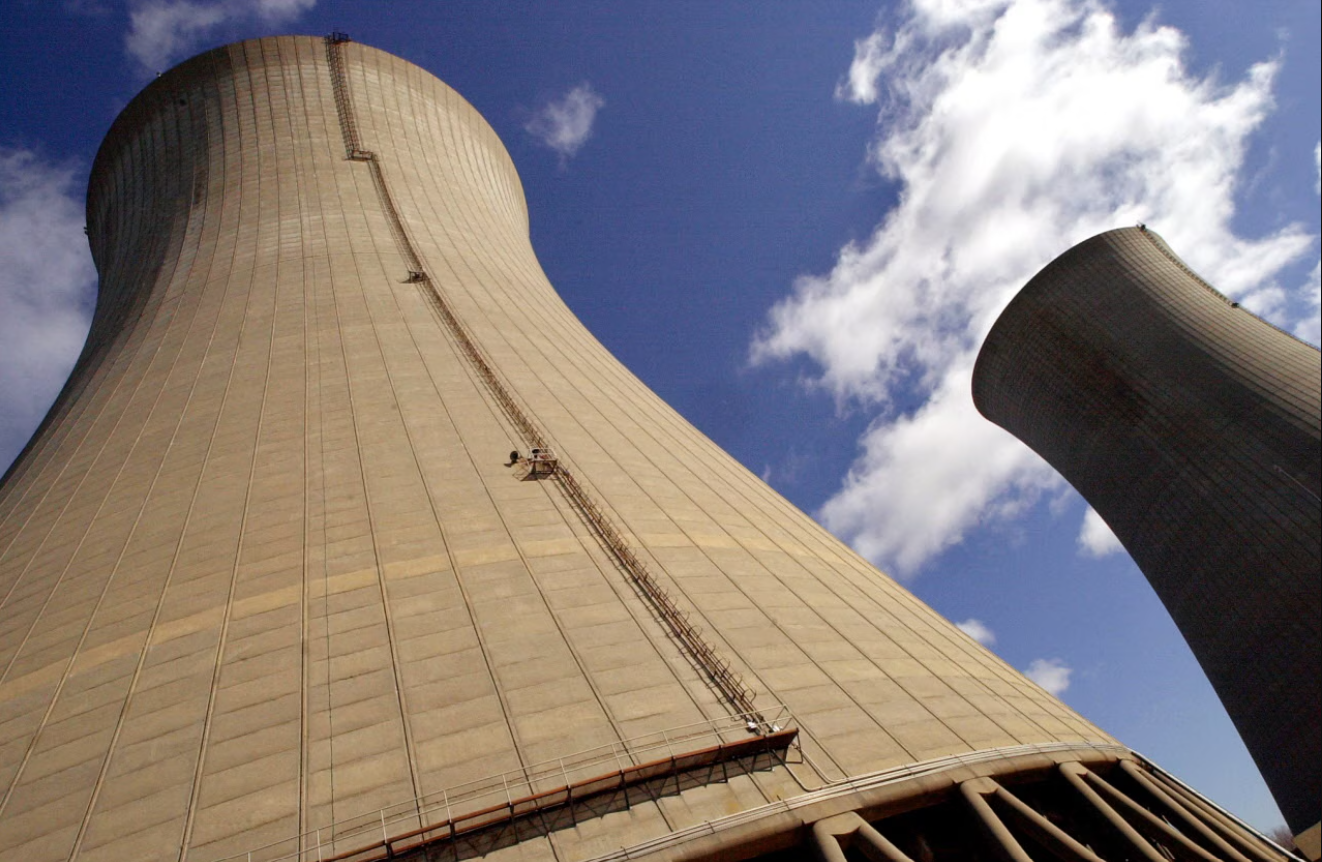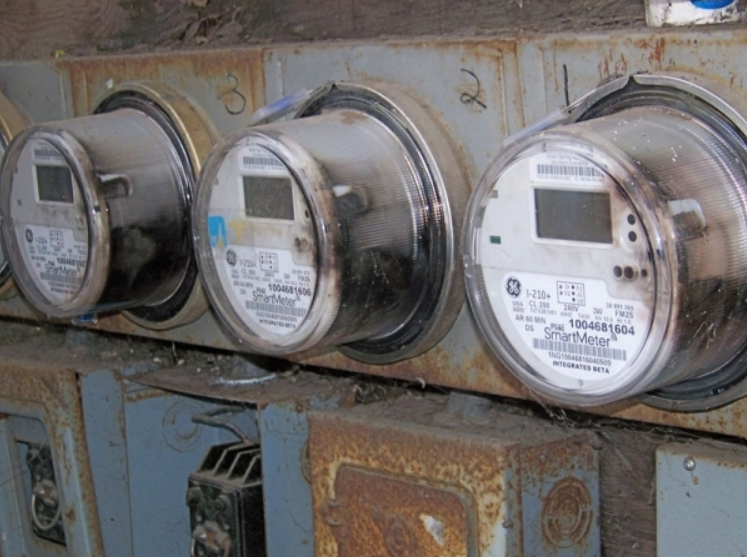Ohio Republicans Co-Sponsor Nuclear “REFUEL” Act

BY NICK ROGERS
Senators Jon Husted (R-OH, 119th) and Bob Latta (R-OH, 5th) – along with Senators Scott Peters (D-CA, 50th) and Sheldon Whitehouse (D-RI) – introduced H.R. 3978, aka the “Nuclear REFUEL (Recycling Efficient Fuels Utilizing Expedited Licensing) Act,” a bill designed to encourage and streamline the licensing process for recycling spent nuclear fuel. Proponents say the bill will help cut carbon emissions to combat “climate change,” strengthen America’s national security, and provide data centers with the requisite power needed for continued growth of artificial intelligence (AI) systems. Opponents have long feared that the process would increase the likelihood of unsanctioned nuclear weapons production and/or future nuclear power plant meltdowns.
A common practice in Europe, recycling spent nuclear fuel is not commonly practiced on a commercial scale in the United States. The Carter administration decided to indefinitely suspend nuclear fuel recycling – aka “reprocessing” – because of the separation of usable uranium and plutonium resulting from the process; a golden opportunity for the vary chemicals used to produce nuclear weapons to fall into the “wrong hands.”
High profile nuclear meltdowns – like the world-famous Chernobyl disaster, the Three Mile Island incident in Dauphin County, Pennsylvania, and even a recent, lower-scale spill from Perry, Ohio’s plant – have planted seeds of doubt in the public consciousness regarding the safety and viability of continued nuclear energy proliferation. Since the 1980s, corporations in the US have shied away from investing in creation of large nuclear reactors due to common construction delays resulting from local opposition and regulations.
Ed McGinnis, a 30 year servant of the Department of Energy (including time as the Assistant Secretary of Nuclear Energy) – a man who became CEO of Curio in 2022 – strongly supports the bill. “To unlock the full potential of nuclear energy, it is essential that we address the challenges of the back end of the nuclear fuel cycle by recycling the spent nuclear fuel,” McGinnis said.
Curio, a company that “…offers key stakeholders in-house nuclear technology capability consulting services,” specializes in the exploration and development of “…the possibilities surrounding nuclear waste recycling to the deployment of advanced nuclear reactors,” so it stands to reason they would strongly support this legislation.
"Curio commends Congressman Latta for his strong support of the U.S. nuclear energy sector including an efficient and cost-effective regulatory process," McGinnis said.
Jacob DeWitte, CEO of Oklo – a company “pioneering the development of compact fast nuclear reactors” – said, “The changes proposed in this legislation will facilitate efficient [Nuclear Regulatory Commission] licensing for facilities that recycle used nuclear fuel and produce fuel for advanced reactors. Domestic recycling of used nuclear fuel also enhances the supply chain resilience and security of nuclear fuel for advanced nuclear power plants, like Oklo's powerhouse, securing America's future of clean energy abundance.”
The Council on Foreign Relations (CFR) paints nuclear energy as a practical “clean energy” option for the future, touting the industry’s lack of carbon output when pitted against the likes of coal-generated power. This, they say, will help combat “climate change” which, of course, opens a larger, existential, truly scientific discussion about the legitimacy of our supposed climate emergency (as opposed to an ongoing, toxic, worldwide, clandestine geoengineering program capable of producing drought, deluge, and extreme weather events on demand).
The organization also calls for a “diversification” of our nation’s energy supply, citing the European Union’s 2022 “energy crisis” due to an overreliance on Russian pipeline gas. Additionally, CFR – a globalist, technocrat-centric body – predictably touts the importance of hyperscaler data center expansion for the exponential AI growth they seek to employ.
The bill’s main selling point from its Ohio Republican sponsors – along with the two from California and Rhode Island, respectively – seems to be one of "Restoring U.S. [‘clean’] energy dominance;” a “top priority” according to Latta. “By advancing an all-of-the-above energy strategy that embraces nuclear power,” Latta said, “I'm confident we will reach that [energy dominance] goal."
Whitehouse echoed Latta by saying “I’m pleased to co-lead another bipartisan, bicameral nuclear bill to support U.S. clean energy dominance.” He added, “More zero-emission nuclear power can help meet our growing energy demand while strengthening our energy independence and national security. By making it easier to safely recycle spent nuclear fuel, we can reduce nuclear waste, lower energy costs, and further America’s longstanding global leadership in nuclear energy.”
Husted who, parenthetically, currently finds himself embroiled in social media drama over Trump’s hot-button “One Big Beautiful Bill Act,” said, “Ohioans need reliable and affordable energy sources, and America’s national and economic security depends on onshoring and expanding energy production. The Nuclear REFUEL Act would inject additional sustainable energy options into our economy by expanding clean nuclear energy production here at home. I am proud to lead this bill because it would give our homes and businesses more of those choices.”
As with HB 15, the Nuclear REFUEL Act is loaded with special interest agendas. It comes down to one’s philosophy over the numerous safety hazards posed by continued use of nuclear power versus the economic and functionality benefits. The bill, which was introduced in the House on June 12, 2025 – and referred to the House Committee on Energy and Commerce the same day – has not progressed any further to date.




